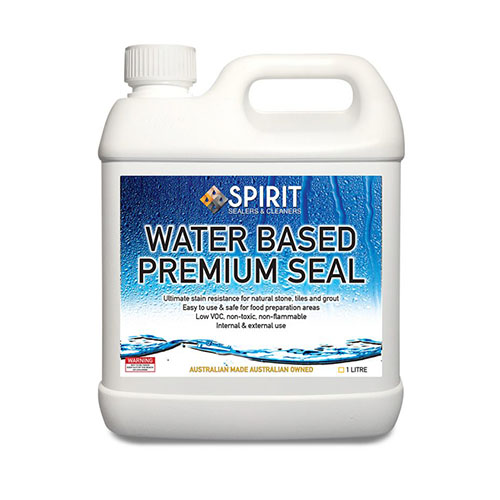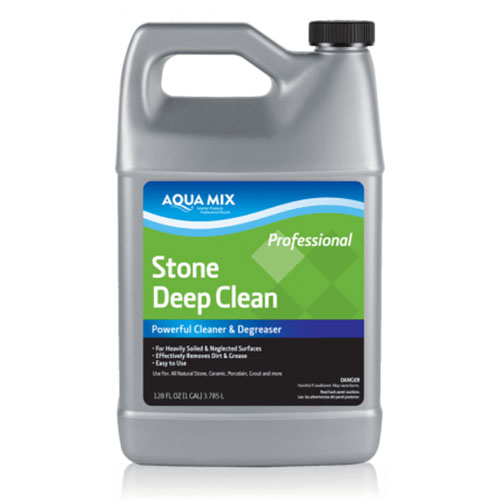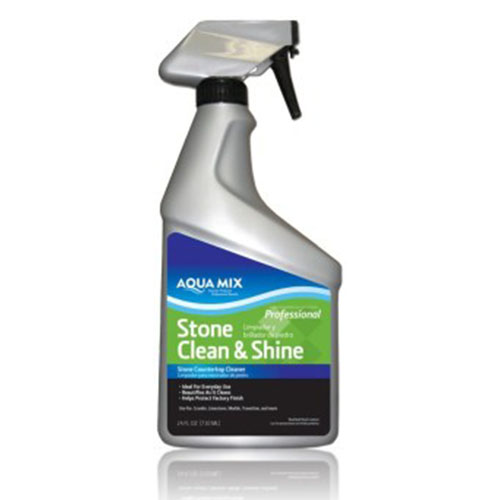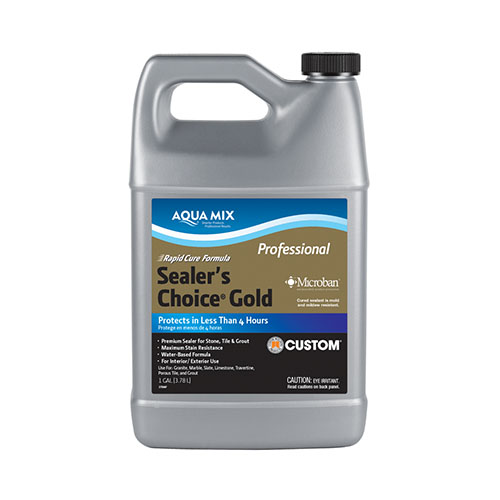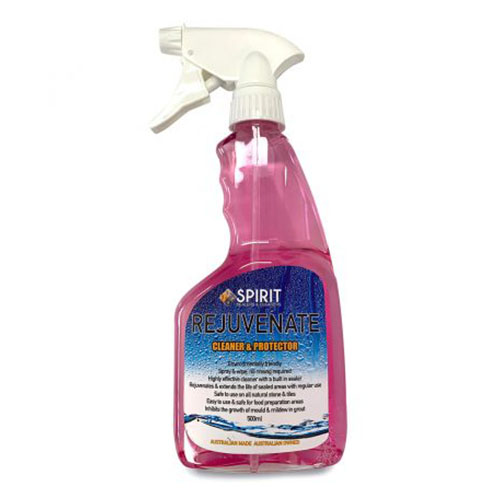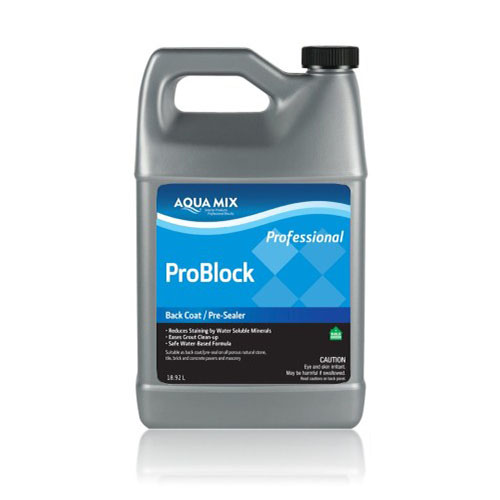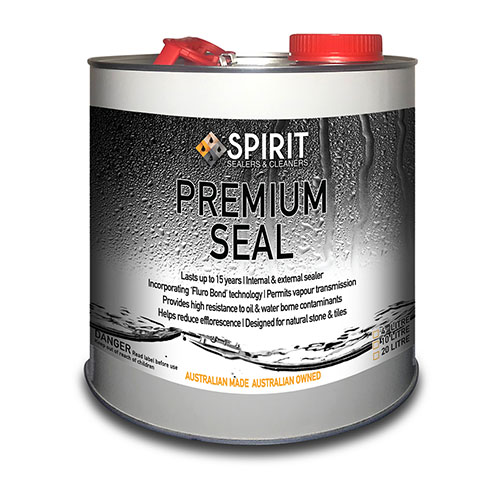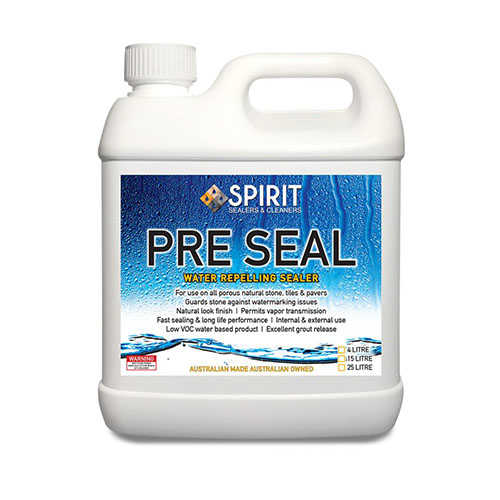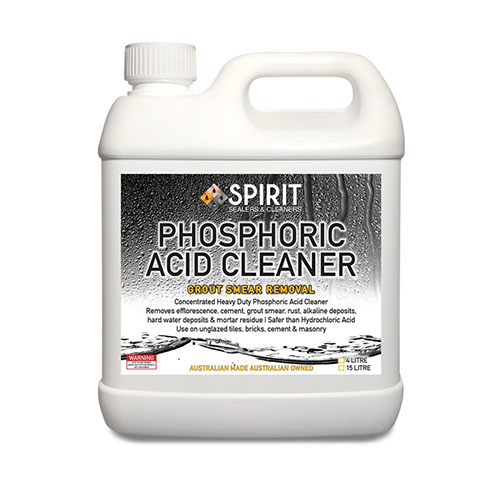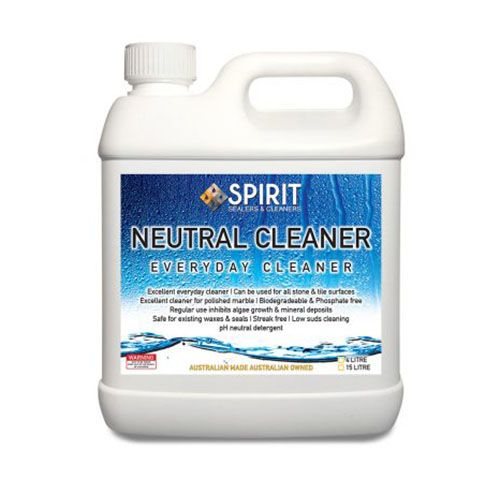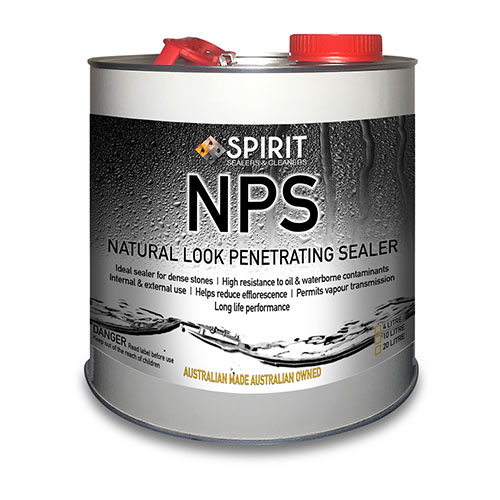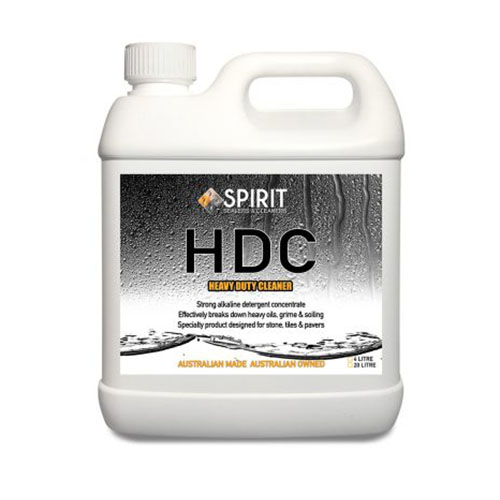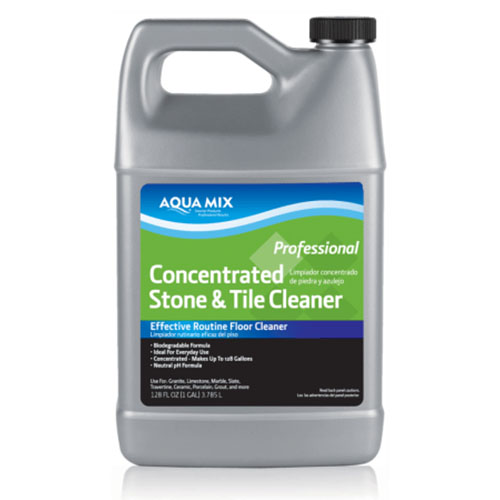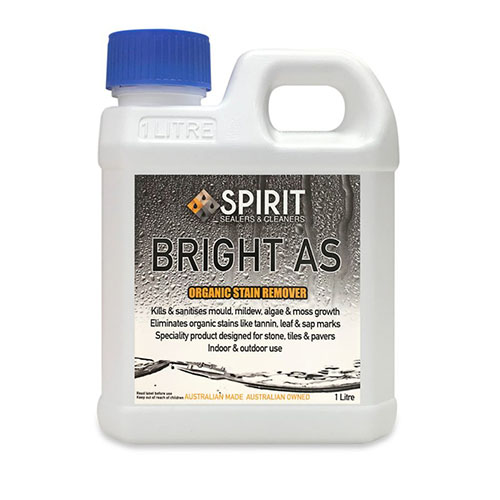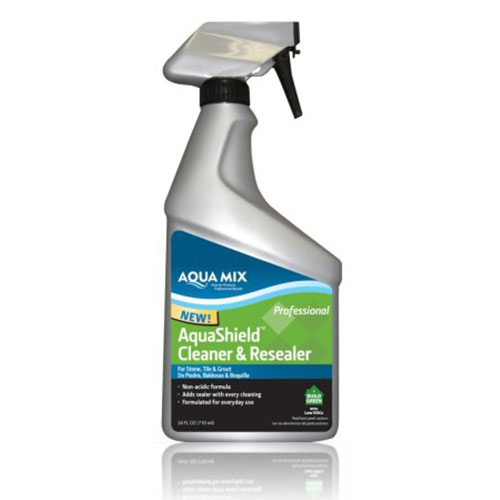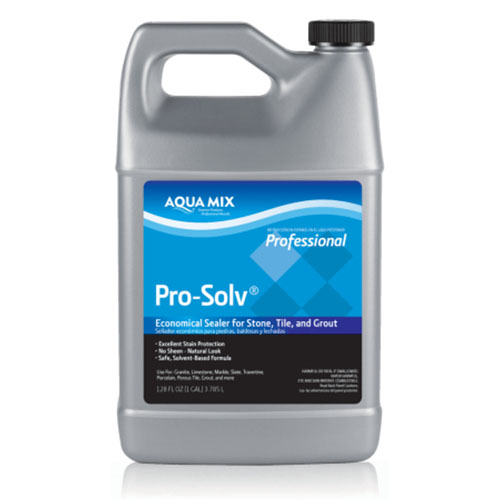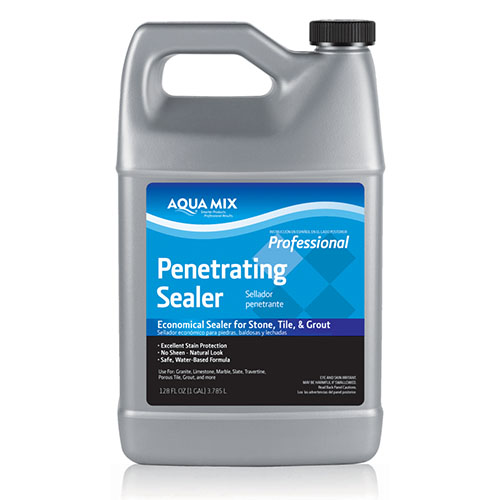Stone Maintenance
RMS stocks a wide variety of stone care products that can help keep marble, concrete, quartzite, sandstone, and more looking their absolute best. Our products include penetrating sealers, pre-sealers and heavy-duty deep cleaners that can help rejuvenate even the most neglected stone.
We also stock stone cleaning products with solutions suitable for all types of stone and tile. These can help rejuvenate and maintain sealed surfaces and are specially formulated to not damage stone making them suitable for everyday use.
Reasons To Use a Sealer on Your Stone & Marble
One of the most important products to consider is a sealer. Sealers help protect against stains, guard against moisture, and reduce staining due to normal everyday wear and tear.
Sealers are applied to the surface of stone or marble and allowed to be absorbed by the porous material. Sealers then fill the pores within the stone and prevent other liquids and oils from entering into the structure of the material.
1. Stone Sealer Will Act as a Stain Protector
Stone sealers are able to penetrate deep into porous stone surfaces such as marble. Once cured, this acts as a protective barrier within the structure of the marble, preventing contaminants such as oil and liquids from staining the stone.
2. Keeps Your Stone & Marble Looking New
These products do not alter the appearance of your stone either. Whether your surface is honed, antique worn, polished, or otherwise, the appearance will remain the same as the sealer is absorbed into the stone.
3. More Durable
When used as a kitchen benchtop or flooring, for instance, stone can be subjected to considerable wear and tear. Keeping these surfaces sealed is crucial. Impregnating sealers enter deeper into the structure of stone, meaning applications can last up to a long time.
4. Makes Cleaning the Stone Easier
With a sealer applied, stone will be easier to clean. Marks and stains will only ever be surface deep and able to be cleaned up with gentle soap or dedicated solutions. Rather than spending hours trying to diminish the appearance of marks and stains, these will meanin cleaning is much easier.
The Difference Between Water-Based & Solvent-Based Sealers
Stone sealers come in both water-based and solvent-based varieties and the differences can be crucial to protective protection.
Both can work as protective top coats and are applied in similar ways using a soft brush or cloth after deep cleaning.
Solvent Based Sealers and Pre Sealers
Solvent based sealers will generally penetrate deeper into the stone due to the smaller molecular structure of the solvent. This means they can provide longer lasting protection, however Solvent based sealers present certain challenges during application to achieve a great outcome.
Solvent based sealers come with a number of caveats – the stone MUST be dry and the sealer must remain dry for around 6 hours after application otherwise uneven marks, cloudiness or spots may appear. This means tiles must be cut and then left to dry before sealing. We normally suggest Solvent based sealers are applied by knowledgeable people who understand the application process.
It is also important with solvent based sealers to wipe over the tiles regularly during application to avoid pooling of the sealer in voids and pores and to achieve a very thin even application.
Solvent based sealers should not be applied over water-based pre-sealers.
Solvent based sealers will also have a stronger smell during application because of the solvent content.
Water based Sealers and Pre Sealers
Water-based sealers are a more environmentally friendly option, using water as the carrier for the sealing compounds. There is a lot of difference between the water based technology from different companies with the latest modern products using much finer sealant compounds that will penetrate deeper into the stone than earlier developed products.
Water Based sealers are generally the better choice for DIY installations as there is less chance of incorrect application and resultant marks, however there are still a few important things to check before application.
With any application of sealer the tiles should be clean and free of debris. Where possible the tile should be relatively dry to allow the sealer to absorb into the stone. Apply thin applications of sealer evenly over the entire surface and then wipe over to avoid pooling. Allow the sealer to absorb into the stone before applying a second coat.
Full curing of water based sealers takes around 24 -48 hours depending on ambient temperature and humidity. Solvent based sealers cure faster.
Water-based sealers work best with large-pored stones such as marble, granite or limestones.
Frequently Asked Questions
How often should I apply a sealer to my stone and marble?
While some products claim to last for very long periods, it is really a mix of how dense the stone is, the type of sealer used and the cleaning/traffic across the stone which will inform how often the sealer should be re-applied.
Most stone experts agree that reapplication once every 1-5 years is best to ensure stone and marble retain their stain-repelling ability.It is best to re-apply the same sealer as originally used to avoid incompatibility of different products.
Can you grout and seal your stone on the same day?
Unless using a specialised product, grout will need to be left for 24-48 hours before sealing occurs as sealant is applied across an entire surface. This ensures the grout has hardened and is able to absorb the sealant correctly.
Will a sealer make my stone look darker?
Normal penetrating sealers will not alter the appearance of stone – however there are Stone Enhancing sealers which are designed to darken the stone,these enhancing sealers can be used inside to accentuate the richness of the stone. Generally it is not good to use a Stone Enhancing Sealer outside as these will burn-off in the sun within about a year.
What chemical should I never use on my marble?
Any chemical with a pH value below 7 can cause etching to occur on marble surfaces. This is because this is classed as an acid. Avoid cleaners that are acid-based or leave acidic fruits on surfaces for too long.
What is a penetrating sealer and when should it be used?
Penetrating sealers are the normal type of sealers we use on stone. They are applied to the surface of the stone and absorb into the pores of the stone to provide long lasting protection. We use sealers to help maintain the look of the stone and make the stone easier to clean. Sealing can also stop contaminants from absorbing to the surface from underneath if the underneath of the tile has been pre-sealed.
Generally we recommend sealing most stones. The stone will last and patina with age without sealing but using sealer makes it much easier to clean and maintain the original look.

